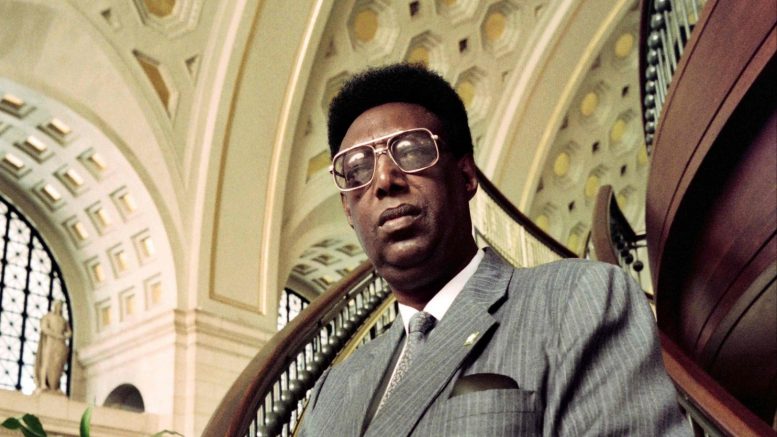King Kigeli V Ndahindurwa died October 16th 2016, at a hospital in the Washington area. He was 80 years old. According to Washington Post, Guye Pennington, his private secretary, said the cause was an apparent heart ailment and that “for security” the king’s office was keeping the precise location of his death “under wraps.”
Kigeli V ascended to the throne in July 1959 after his half-brother, King Mutara III Rudahigwa (who was childless), died in mysterious circumstances. Rwanda was, at the time, part of a UN Trust territory ruled by Belgium which had a mandate to oversee independence. Before Kigeli took the throne, there had been growing tensions between the minority but dominant Tutsi (to which he belonged) and the majority Hutu.
The Belgians replaced many Tutsi chiefs with Hutu, reducing Kigeli V to figurehead status. Despite continued anti-Tutsi violence, Belgium organised local elections in mid-1960 which saw Hutu parties gaining control of nearly all communes. In 1961 Hutu political leaders declared Rwanda an autonomous republic and, after Kigeli left the country to appeal to the UN secretary-general, the Belgian governor blocked his return. The Belgians then held a referendum in which the country voted overwhelmingly to abolish the monarchy. Rwanda gained independence in 1962.
So began Kigeli’s years in exile. Deprived of his riches, which consisted mainly of large holdings of land and livestock, Kigeli approximated the duties of a king. After Congo, he went in Kenya, Nairobi, where he lived for many years. In 1992, Kigeli settled in the United States. He lived first in Takoma Park, Md., before moving to Oakton. Rwandan President Paul Kagame reportedly advised Kigeli that he was free to return to the country, but as a private citizen, not as a monarch. Kigeli remained in the United States.
Kigeli was living in a humble apartment in the US, subsisting mainly on handouts and attended by Boniface Benzinge, a boyhood friend variously described as his “chancellor”, counsellor, secretary and interpreter. He remained childless, observing a royal custom forbidding marriage in exile, and held on to the hope that he might one day return to the throne in Rwanda.
John Muneza Jr

